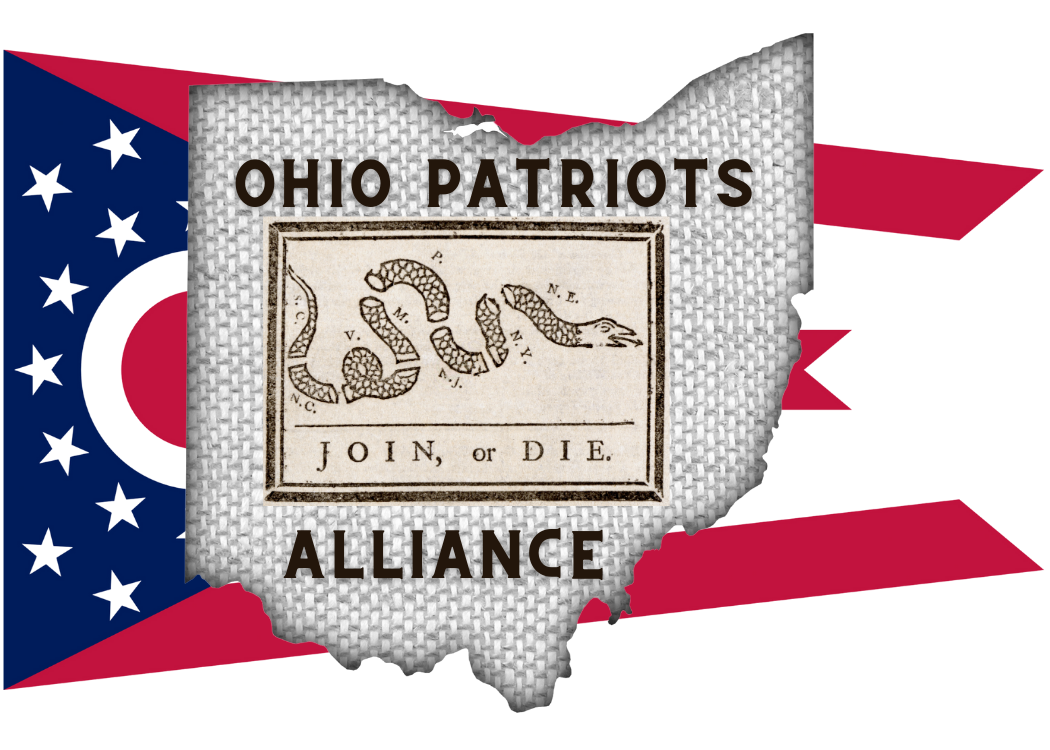Originally published on 1Jul23, edited 9Aug25.
On 26Jun16 my father, Francis William “Bill” Boylan died from prostate cancer. He was 86 years old. It seemed fitting that “our” story be released on the day of his passing, but the unexpected death of his brother, my uncle John Boylan, led to a delay.
Uncle John was there for Dad when he needed him, taking him to his oncology appointments at The James Cancer Hospital, part of the OSU Medical Center. He drove Dad to his doctor’s appointments, some 50 miles away, for the duration of his treatment and was otherwise there when needed.This article is dedicated to their memory.
What is written below is based on my personal experience, research, observation, and conversations with my medical team and should not be construed as medical advice. It is intended to raise awareness and encourage others to be diligent toward monitoring their own prostate health. Links to various prostate cancer information resources follow this article.
Here goes . . .
This is my story. And my father’s story. It is also the story of countless millions of other men, past, present and future. While each patient’s story is unique to him, we all share commonalities. Family, friends and co-workers are affected. We have to consult multiple doctors and make tough decisions. We all suffer emotional and psychological effects. And we all need information to guide us toward the right treatment strategy for us.
The single-most important aspect of any treatment program is early detection.
 |
| absolutelyrealtruefacts.com |
in 6, or 16.67%. This also means that 13% of spouses will have a husband with prostate cancer. If a revolver had eight cylinders rather than six, would you be more willing to put the gun to your head and pull the trigger? Not me. No way. But that is what most guys are doing. We are unknowingly playing Russian Roulette by not seeking regular prostate health screening. (See Risk Factors)
My father was not one to talk about things. Anything. He never told me he had prostate cancer or that he would die from it. I had to learn these things from a sister who was helping care for our mother and later, Dad. Prostate cancer must be talked about. I had no idea that if one’s father had prostate cancer, his sons are more likely to have it. We must talk about it with our sons, our fathers, friends and family, regardless of gender.I first came to suspect I might have prostate cancer, (PC from here out), last August. While back east in July, my dear friend Beth pointed out that I had lost weight. She and the friends we were with made me promise to see a doctor. (My weight had dropped from 165 lbs. to 143 lbs., a loss of 13.33%.) My general practitioner ordered blood tests and on August 5th, they revealed a PSA (prostate specific antigen) level elevated to 5.8. I was referred to a urologist.
A normal PSA level is below 4, although it is possible to have PC with lower PSA levels and not to have it with higher levels. The surest way to determine if one has PC is to perform a biopsy, a procedure usually performed by a urologist. At the time, I did not have insurance, so put it off until Medicare kicked in. On 20Jan23, I was informed that I have prostate cancer.
